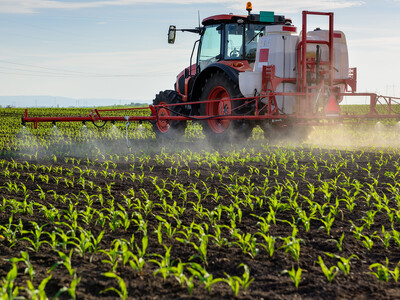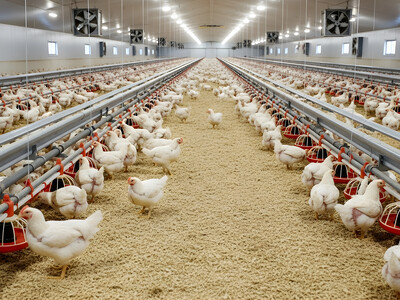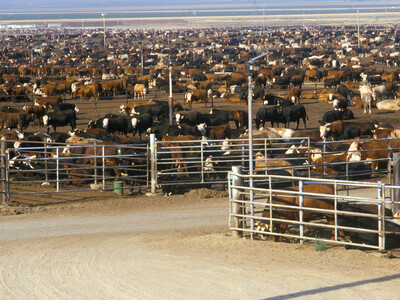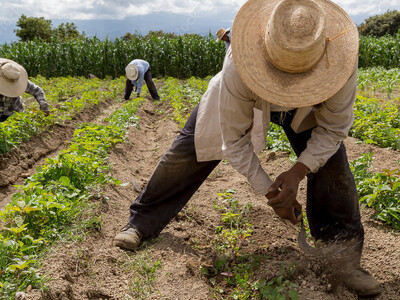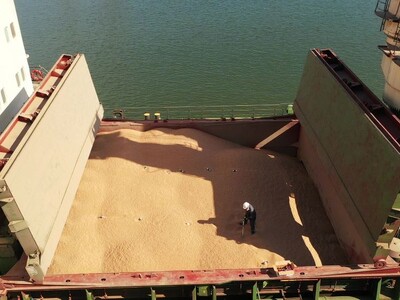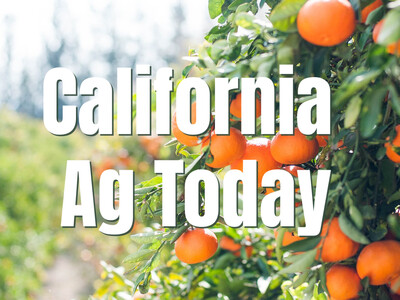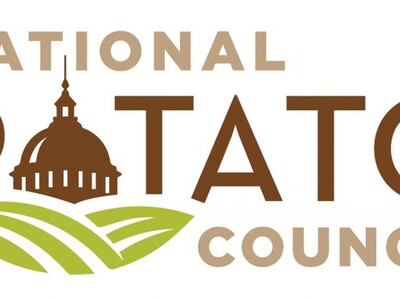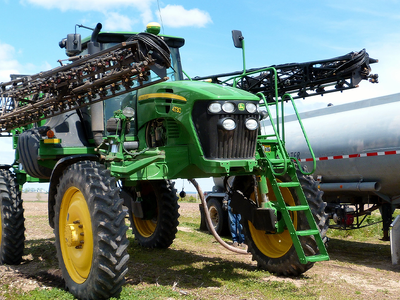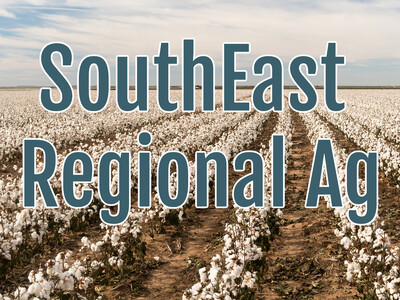Dealing with the Fat
Dealing with the Fat. I’m Greg Martin with today’s Line On Agriculture.
I remember a very long time ago both my mother and grandmother cooking with lard. Some of the best tasting foods I can recall were cooked in it. Of course that was long before we gave much thought to the nutritional content. And we do love our deep fried foods, especially potatoes. David Dzisiak is with Dow AgroSciences.
DZISIAK: There’s beginning to be great awareness within society about the difference between good fats and bad fats and the thinking around fats has changed dramatically in the course of the last 20, 30, 40 years. It used to be that all fat was bad, then lower fat was better and then we began to understand that saturated fat and cholesterol was bad and then trans-fat came along.
Dow AgroSciences Oils Business Unit is working on developing healthy oils for use in the food industry.
DZISIAK: Close to 3 of 4 adults are trying to eat healthier when they go to a restaurant, 3 of 4 teenagers also. You’ve got a lot of people using the internet to find out restaurant nutrition information and again other research that shows most consumers are looking for healthy alternatives and of course this does impact the potato industry quite dramatically because the number one item ordered in restaurants today is still French Fries.
Dzisiak says that if you replace certain fats in your diet you can reduce your risk of heart problems by up to 60%. That is not taking the fat out but replacing it with better fats.
DZISIAK: What we can do through plant breeding now is to manipulate the fatty acid profile of these different oils that we produce agriculture here. And of course fat is just a whole bunch of different fatty acids mixed together in different ratios. So by increasing the amount of the oleic content say in canola from 60% to 75% and decreasing the amount of linoleic acid from say 9% to 2% we can have a significant impact on the stability of these oils.
That process called hydrogenation has been used for some time in our cooking oils.
DZISIAK: We can make these changes without hydrogenation and as a result we get a very high performance oil that’s got great health attributes and so we have oils today that are very high in monounsaturates. They’re like the fatty acid profile of olive oil. They’ve got long fry life because of the increased stability. They offer the performance equal to or better than most hydrogenated oils. They’re very low in the bad fat content. They’ve got very low levels of saturated fat, they’re transfat free and plus they’re got great taste.
That’s today’s Line On Agriculture. I’m Greg Martin on the Northwest Ag Information Network.




